Blog Posts Tagged Heat Transfer Module
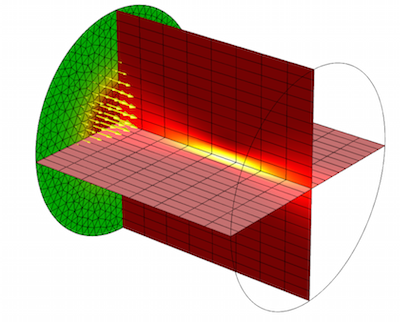
Modeling Laser-Material Interactions in COMSOL Multiphysics
When it comes to modeling laser-material interactions and heating, different modeling techniques are appropriate for different problems. We go over a few examples here >>
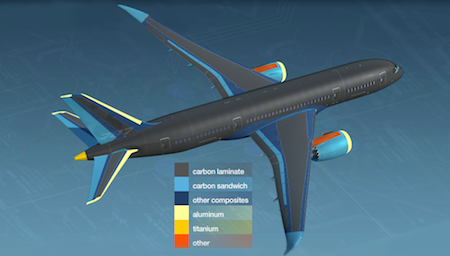
Protecting Aircraft Composites from Lightning Strike Damage
Some aircraft have a protective coating to mitigate damage from lightning strikes. Boeing used multiphysics simulation to evaluate thermal stress and displacement in this layer.
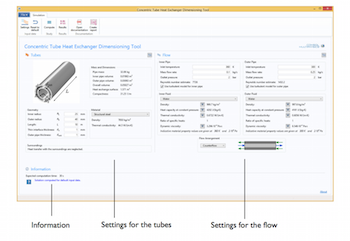
App: Studying a Concentric Tube Heat Exchanger’s Dimensions
The Concentric Tube Heat Exchanger Dimensioning Tool demo app is an example of what is possible when you build a simplified version of a model and share it throughout your organization.
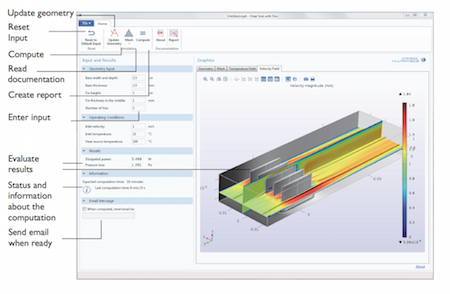
Optimizing Heat Sink Designs with a Simulation App
The Heat Sink with Fins demo app is here to get you started with designing your own heat sink design app. Take a look at the design scenario, app, and underlying model here.
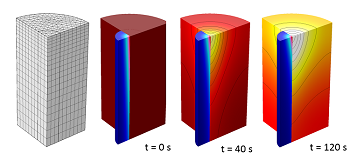
Modeling Laser-Material Interactions with the Beer-Lambert Law
Did you know that you can use the Beer–Lambert law to model laser–material interactions in COMSOL Multiphysics®? Learn how here.
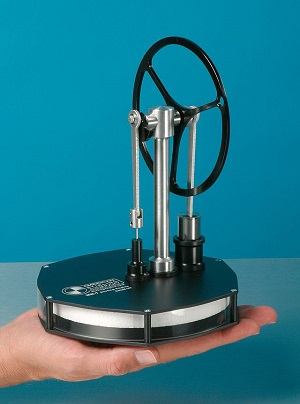
How Can I Build an Efficient Stirling Heat Pump?
Did you know that heat pumps are also called Stirling engines? These systems can operate on incredibly low temperature differences — some only need human body heat to work!
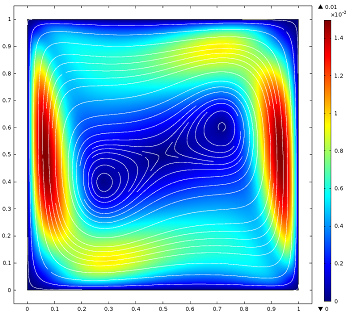
Using the Boussinesq Approximation for Natural Convection
Today, we compare the Boussinesq approximation to the full Navier-Stokes equations for a natural convection problem. We also show you how to implement the Boussinesq approximation in COMSOL Multiphysics software and discuss potential benefits of doing so.
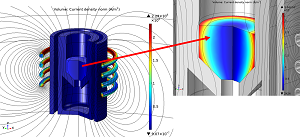
Tips and Tricks for Modeling Induction Furnaces
A guest blogger from SIMTEC gives an introduction to the principles of induction heating and shares insight into the modeling of induction furnaces.
